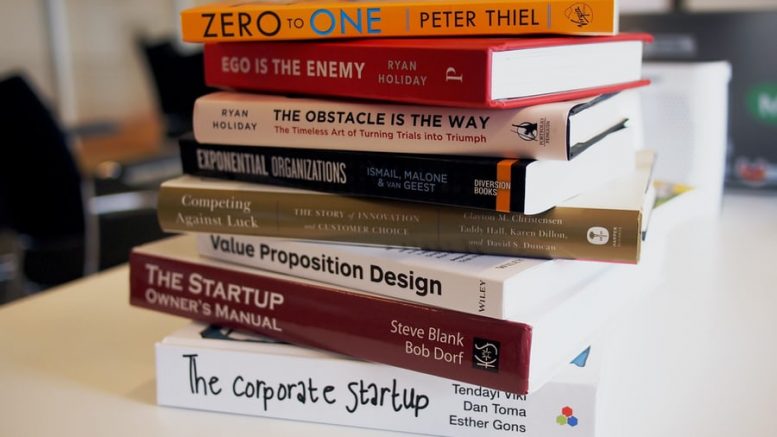When universities and schools were forced to close back in March due to the Covid-19 outbreak, distance-learning became the new norm. However, how have students adapted to this new lifestyle?
With all classes now been transferred online there is no doubt students have had a shock to the system and it has definitely disrupted their routines and timetables.
Many of us may have thought back in March when universities were closed, “yay this is great, no more going to university and not having to wake up for my 9am lecture. Wow my dreams have come true!”
However, now six weeks into the new academic year, students are struggling to adapt to this new form of learning and most of them are now wishing to go back to university lecture halls.
I am really struggling with online learning and being so isolated, i am looking forward to january and starting placement
— Ashlea (@Ashlea______) November 26, 2020
The situation we are in is so new to all of us; politicians, ministers, teachers, lecturers and even students are lost and have no answers to what will happen in the foreseeable future.
We hear from sociology students at the University of Westminster, currently in their third and final year of their degree.
Many watching this may be able to relate and are feeling out of sync with their education. Work is being delivered online and students are expected to work even more independently.
However, as students there is something we can do to help ourselves and others:
Firstly, structure is essential.
This does not mean that you have to replicate your habitual university day, but there has to be clear boundaries between learning and relaxing.
Secondly, get rid of temptation.
Define a space for “work” and don’t mix that with where you “play”. Make sure your work space, is organised, clean and tidy. Ensure yourself to get rid of any possible distractions; this including social media apps, emails and any other notifications that may grab your attention.

Photo by: Avel Chuklanov | Unsplash
Thirdly, work with restrictions.
There are many methods used by academics in order to give yourself a time limit. The most recommended is “The Pomodoro Technique”. This time management method is designed to break down your work into intervals of 25 minutes.
Set your timer for 25 minutes and focus on one single task until the time is up. This means you have now completed one Pomodoro. Then enjoy your five-minute break. After four Pomodoros take a longer break, around 15-30 minutes.
You’ll be shocked how efficient you can be, knowing you only have to get through a short period of time.
Fourthly, plan ahead
A detail to-do list with dates, times and activities is a great way to kick start your work. The feeling of achievement when you tick off a daily task is incredibly satisfying.
Make sure to keep your list of things to do in a visible space and discuss it daily.

Photo by: Glenn Carstens-Peters | Unsplash
So, look around, search for ways to move forward and consolidate the work you have been assigned for this semester.
There are numerous opportunities that will allow you not only to succeed within your studies but to also grow as an individual.
I know from speaking to educators, there's a lot who are finding online teaching very challenging at the moment…what I keep trying to convey is this…even small things can help #onlinelearning #learning #highered pic.twitter.com/tCfXQZj6J0
— Neil Mosley (@neilmosley5) November 26, 2020
If you feel like you need help, tutors will assist you in any possible way. Other help is also available online such as the government website.
As students we have to work together; the future is in our hands and we have the power to make change.
Words and video: Grace Staley | Subbing: Dina Nazari

